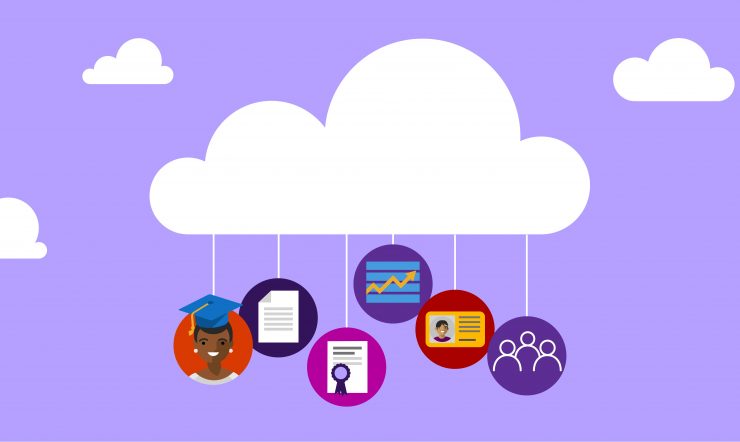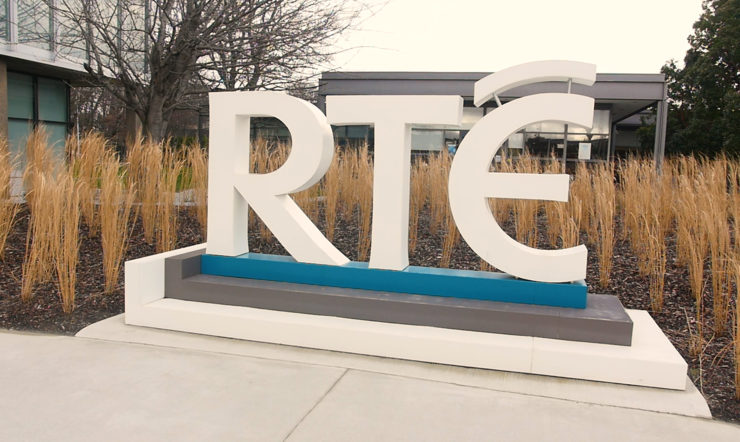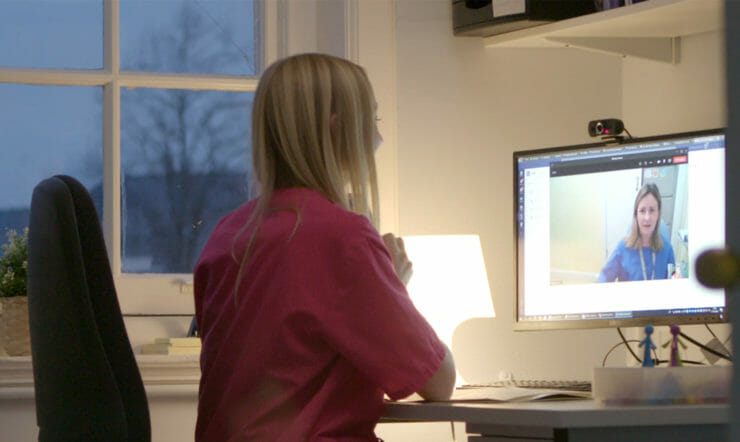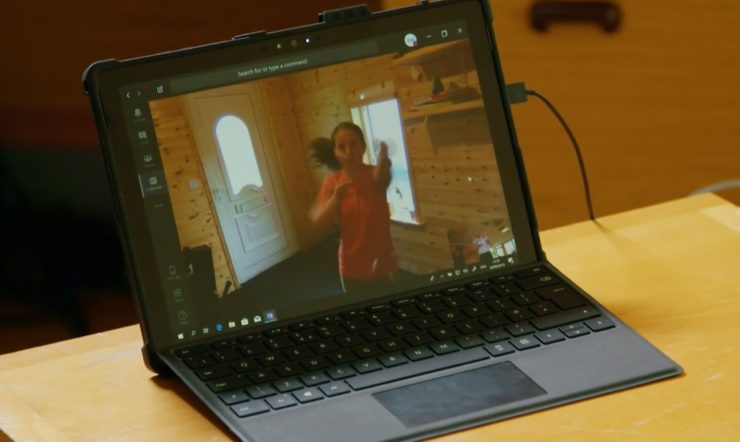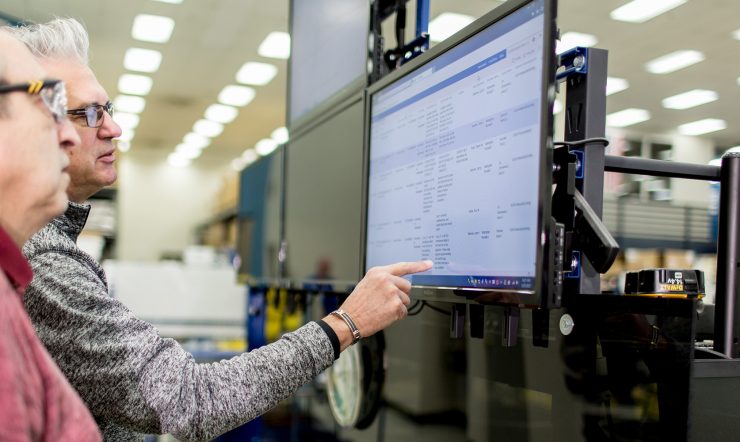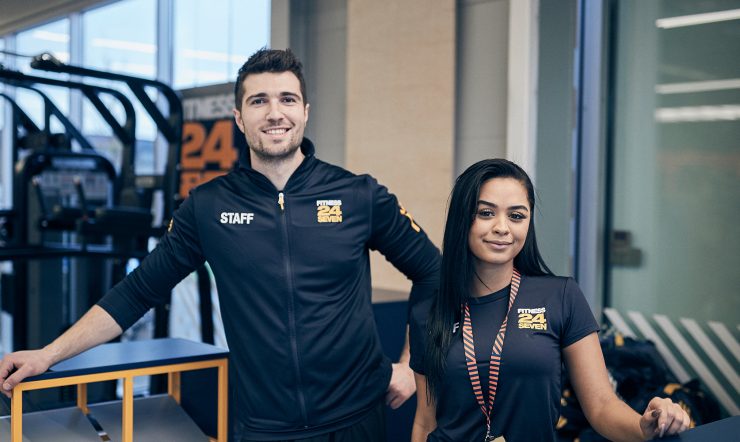Our 2023 Work Trend Index, which surveys almost 700 workers across all sectors in Ireland, answers some key questions that leaders should be asking themselves right now – about employee expectations, productivity pressure points, effectiveness of hybrid working policies, and how leaders are showing up during a time of sustained change.
Engaging employees in this new world of work
We can be optimistic when we learn from this year’s research that 77% of employees are happy at work. However, a startling statistic emerging in 2023 is the growing lack of confidence in leadership—the number one reason why workers changed roles. With the majority saying that culture is a top priority, there is now a pressing need for leadership to better understand what engages their employees, and find ways of connecting that bridge the gap between physical and virtual work environments.
A time of massive workplace change
Many of us are still grappling with new ways of working – flexible, remote, and even hybrid, which are all still in their infancy. In addition, 42% of employees say they spend too much time searching for the right data. We are all aware that the pace and volume of work has increased exponentially, and it’s no surprise that employees are struggling under the weight of work—putting innovation at risk. So, I am reassured to see that not only are workers increasingly using solutions, such as artificial intelligence (AI), they are more willing to embrace them in their role to improve productivity and performance.
Innovation changing the workplace
In fact, insights captured by Microsoft’s global study shine a light on a new alliance between people and AI, where AI tools can address productivity pressure points. Naturally, 82% of leaders globally anticipate employees will need new skills in the AI era. Similarly in Ireland, skills availability has been identified as the most important obstacle to the adoption of AI, despite LinkedIn data showing that the share of AI talent in Ireland grew more than 500% between 2016 and 2022.
AI is a defining technology of our time. It has the potential to transform the way organisations operate and interact with their employees. In a world where creativity is the new productivity, digital debt (where employees are spending too much time responding to emails and attending meetings) is more than an inconvenience – it’s impacting business. In Ireland, roughly half of employees say they don’t have enough focus time and that they are feeling burned out. By providing next-generation copilots to work alongside people, AI can free us from digital debt and fuel innovation.
Engaging employees in a hybrid world
Our global study also found that organisations that doubled down on employee engagement in times of economic uncertainty performed twice as well financially as organisations that deprioritised it. As leaders, we must meet the needs of our workforce or risk losing talent to employers that do.
I hope you find these insights into the workforce in Ireland in 2023 valuable. While we may need to dig deep to tackle challenges during times of change and economic uncertainty, we must recognise that we now have the tools at hand to drive efficiencies, and better understand our employees and culture, so we can move the dial on employee engagement and retain talent.













